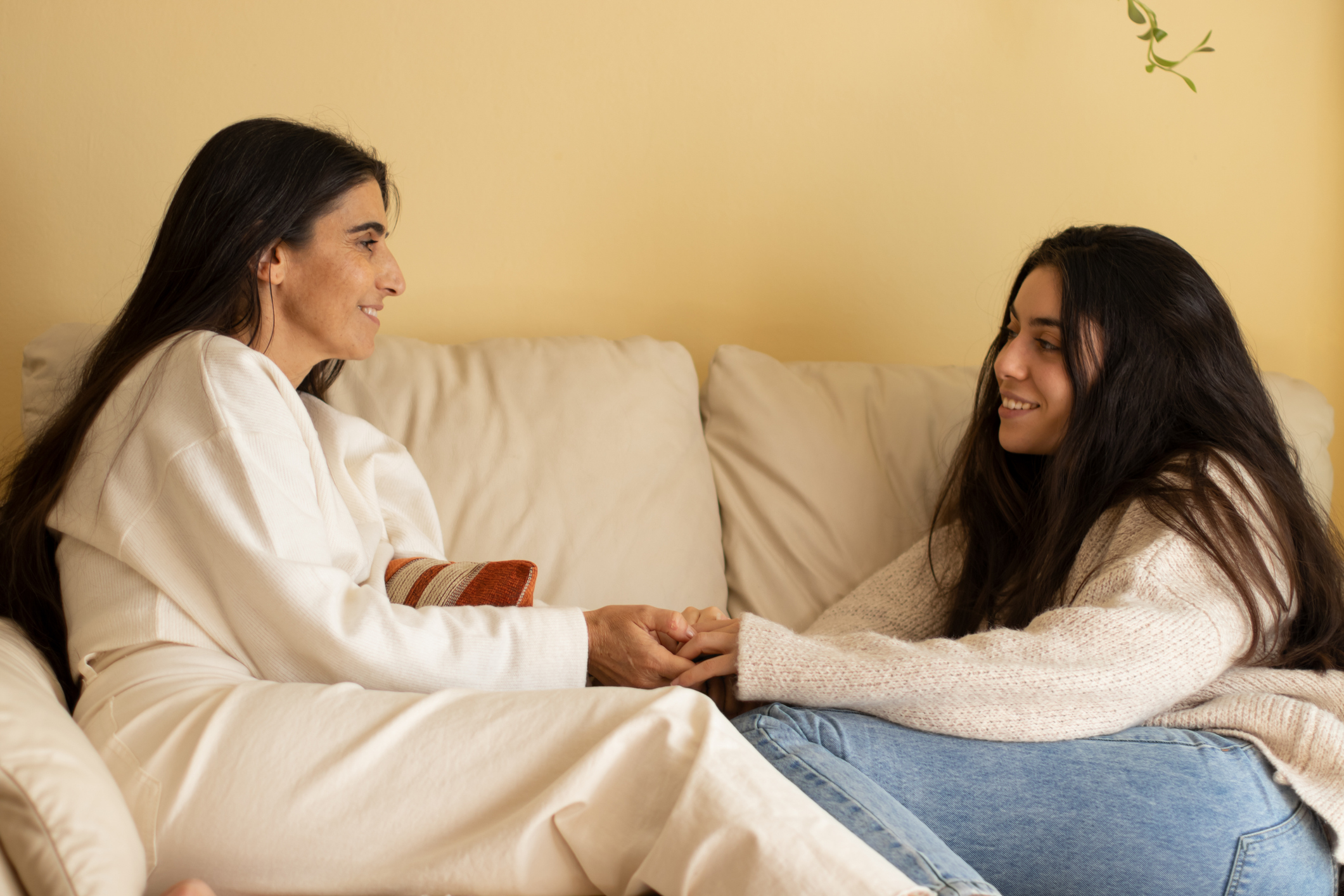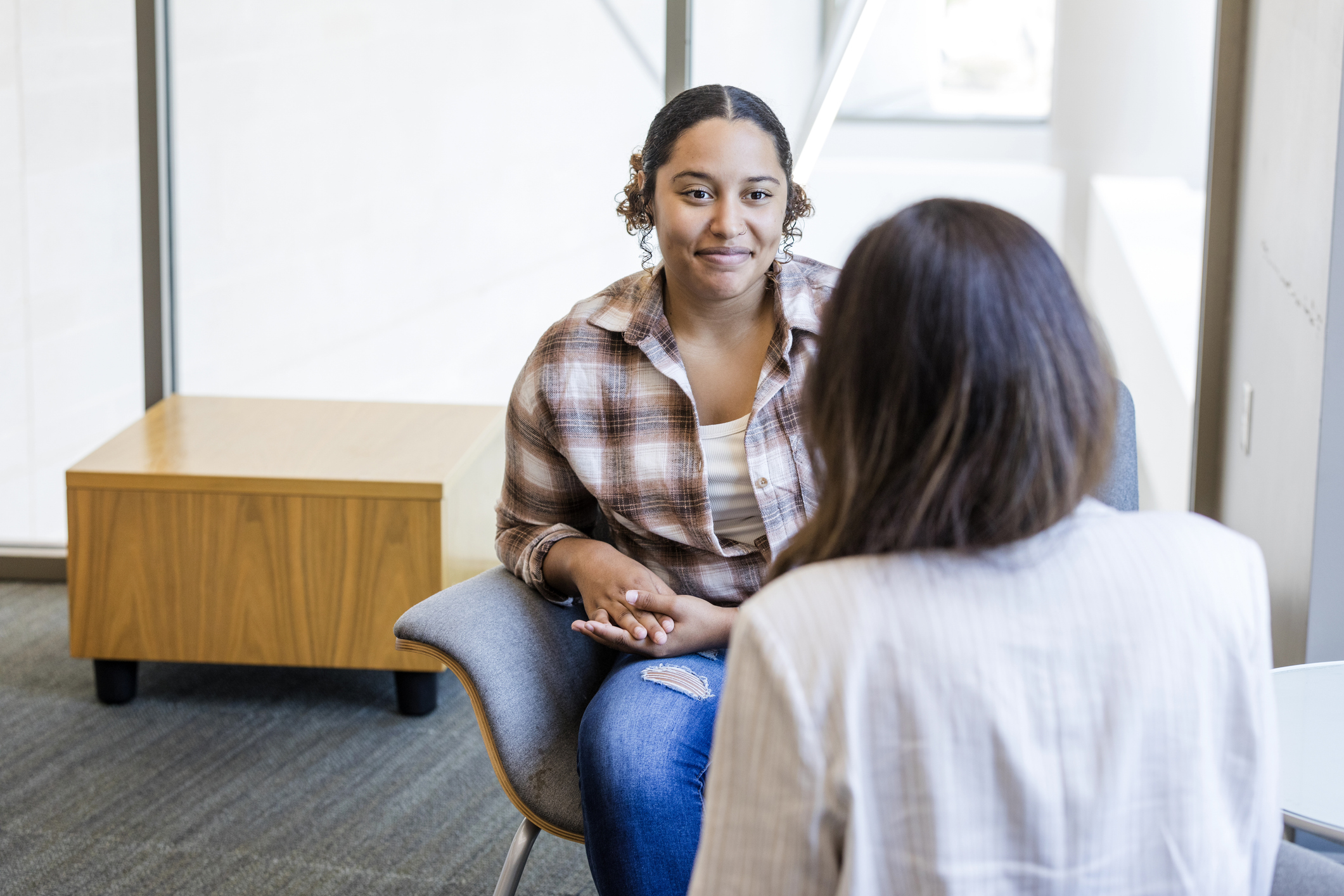Human connection is fundamental to survival, hardwired into our very biology. Yet, despite its importance, relationships can be fragile and require consistent care to thrive. They function almost like living organisms needing attention, nurturing, and effort to stay strong.
The challenge is that countless stressors work pressures, financial strain, unresolved traumas, intimacy struggles, and family conflicts can weigh heavily on relationships. Layered on top of everyday responsibilities, these stressors make it even more important to be intentional about supporting and connecting with the people we love. The beautiful thing is that when we build secure, healthy relationships, they not only survive challenges but also help us handle stress in our own lives more effectively.

Studies show that being in loving relationships can contribute to a wide range of health benefits. According to the University of Utah, people in supportive relationships often experience lower stress levels, improved mental health, and healthier lifestyle habits. Feeling truly seen and valued by someone we care about can also boost emotional resilience and even contribute to a longer, more fulfilling life. These benefits highlight why intentionally nurturing our relationships is not just a matter of happiness it’s an essential part of taking care of ourselves.
Connected relationships do more than support physical health-they are essential for emotional and social well-being. Being in a caring, supportive relationship gives us a sense of safety, belonging, and being valued. When someone truly listens and understands us, it becomes easier to handle stress and bounce back from difficult situations. These relationships also foster empathy, kindness, and stronger social bonds, which not only improve our own lives but positively influence the people around us.

1. Reach out and connect
Love is spelled T‑I‑M‑E. Spend quality time together sharing a meal, going for a walk, or playing a game. Our brains are wired for meaningful human connection, and we are naturally born to bond.
2. Share your emotions
Talk with someone you trust about what you’re feeling. Naming and expressing emotions helps calm the nervous system and fosters a deeper sense of connection.
3. Attend to emotional needs
Consider your loved one’s unique “love language” and find ways to show care through acts of service, thoughtful gestures, words of affirmation, physical touch, or quality time. Meeting these needs strengthens bonds and nurtures closeness.
4. Seek professional guidance when needed
Sometimes relationships face challenges that require extra support. Working with trained therapists, such as those at Atium Health, can help you and your loved ones communicate more effectively, heal past wounds, and build securely connected relationships. Professional guidance gives you practical tools to strengthen bonds and navigate difficulties together.
Stay informed about the latest research in psychology.

Is your teen struggling with impulsive choices? Understand the science of the "impulse gap" and how NOJOS Therapist Clint Okamoto provides specialized Level 1 & 2 care at Atium Health.

Discover how to navigate conversations about porn use without shame. Learn to use "I" statements, regulate your nervous system, and rebuild trust through transparency and professional support.

Atium Health provides NOJOS certified therapy for youth in Levels 1 and 2. Led by Clint Okamoto; we offer clinical expertise and empathetic outpatient support.